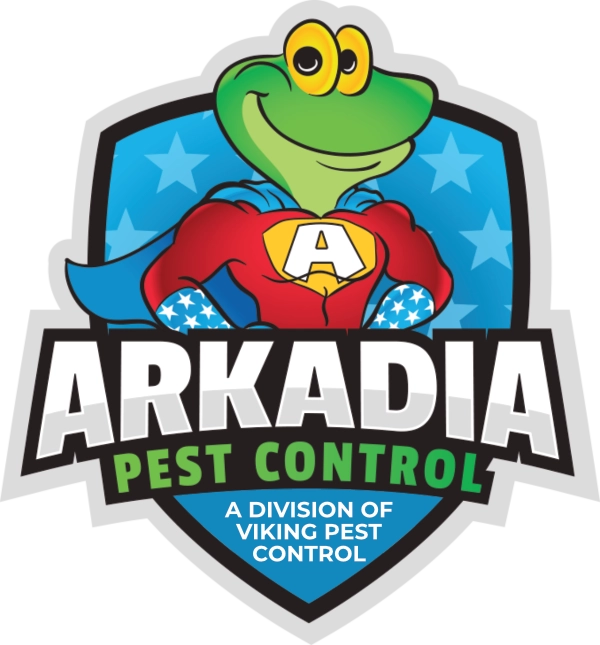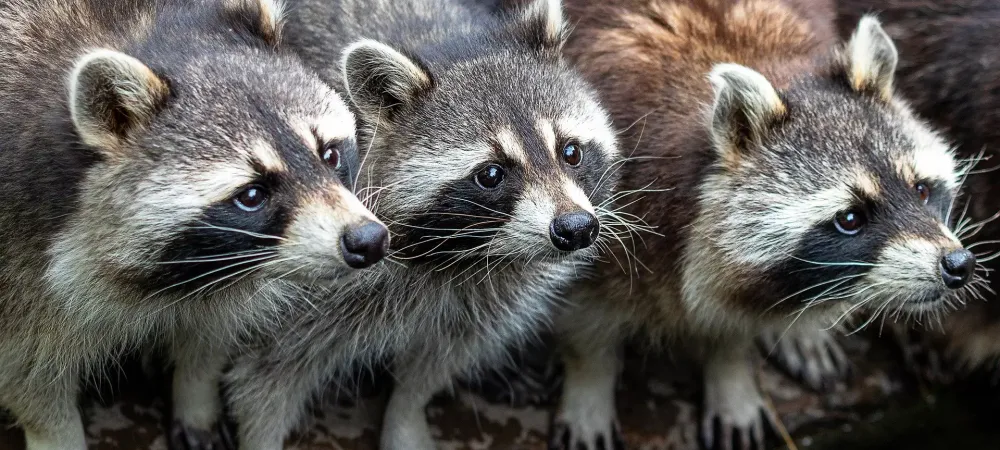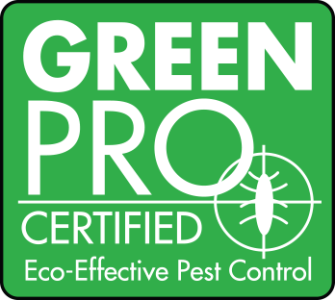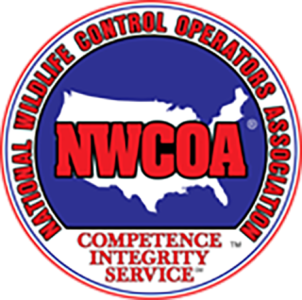Why Is This So Important?
Outside of costing you sleep, raccoons are opportunistic, like most scavenger animals. If they feel welcome and fed, they might just decide to hang around. If they do, they’ll find entry into your attic, crawl spaces or other areas.
Once inside your home, you’re going to face much larger problems than thrown trash. While they are destructive and can cause severe property damage, that’s not the primary concern with raccoons nesting within a structure. Raccoon waste can carry Baylisascaris procyonis, the scientific word for roundworm eggs. These eggs can be inhaled by human hosts with potentially fatal results.
To properly clean a raccoon nesting area, you need professional services to avoid infecting yourself or others within your home.
Obviously, it’s in your best interest to deter these animals from deciding your home should be their home. Start by taking measures to secure your trash can.
Keep Raccoons Out
- If possible, build or purchase a structure to hold your garbage cans. Keep in mind that raccoons have clever hands and can open most flip-top containers. You’ll want a door with a turning handle.
- If a structure isn’t possible, consider purchasing a trash can lid lock or a new can with a locking lid. If you go this route, you’ll have to make sure that you remove the lock when you place your trash can curbside for pick-up.
- Raccoons are nocturnal and don’t like light or movement. You can help deter them by placing your cans under floodlights or a set of battery-powered string lights.
- If all else fails, make your trash can smell bad to raccoons. Though our garbage already smells pretty unappetizing to us, to raccoons, it smells like a buffet. Sprinkle some ammonia or another strongly scented cleanser into the trash to turn their appetites.







